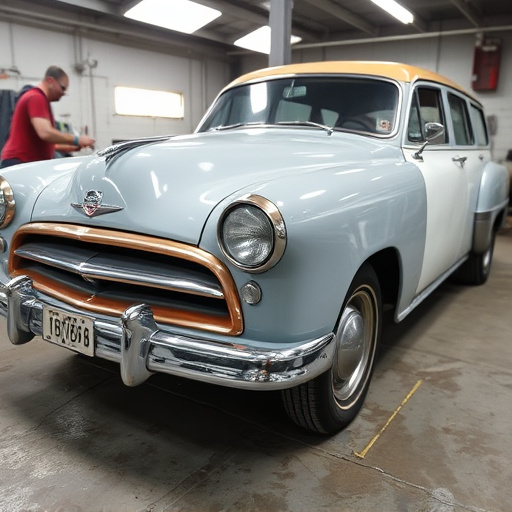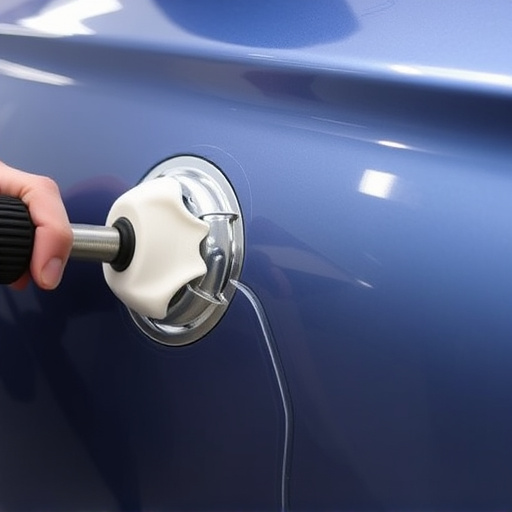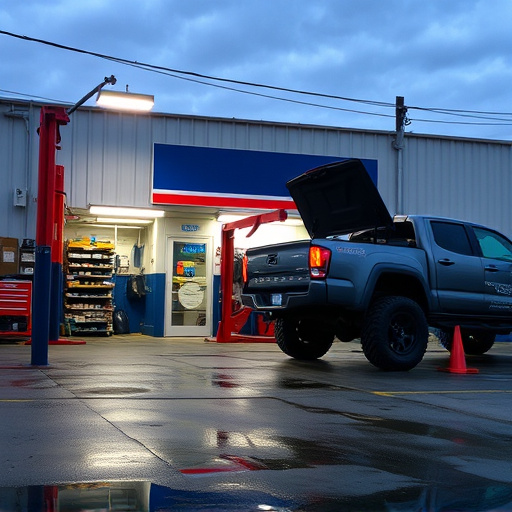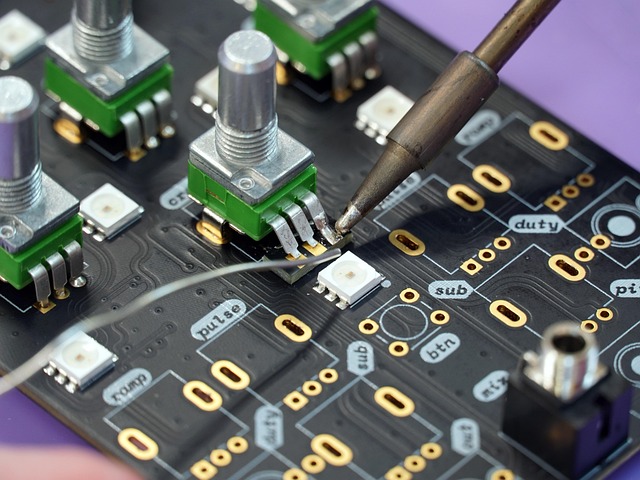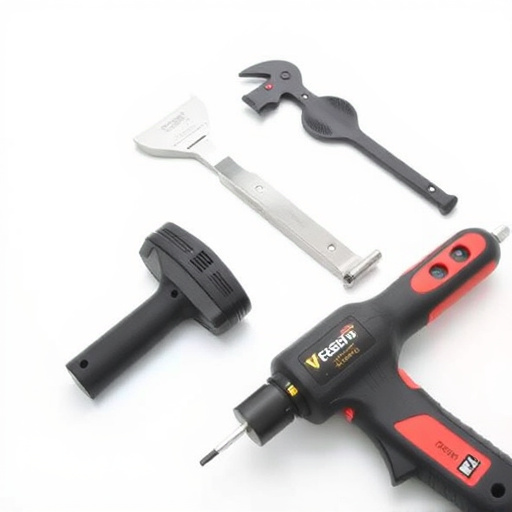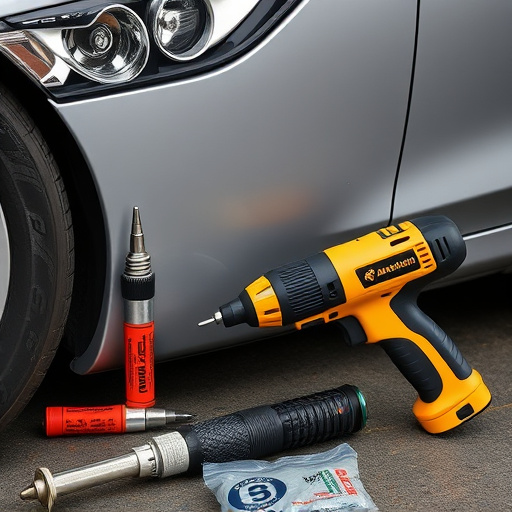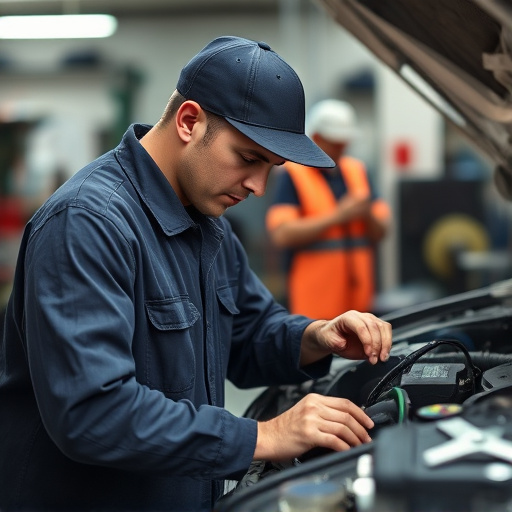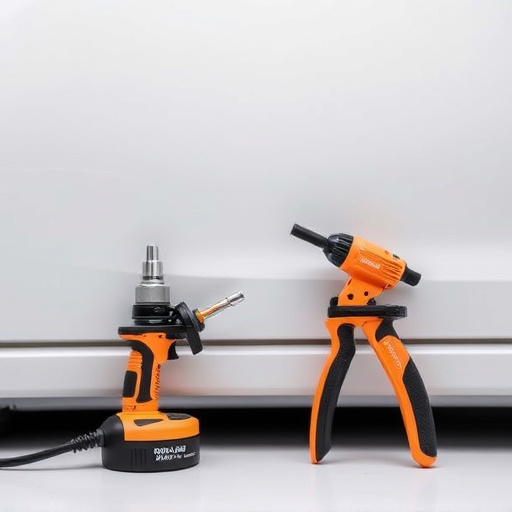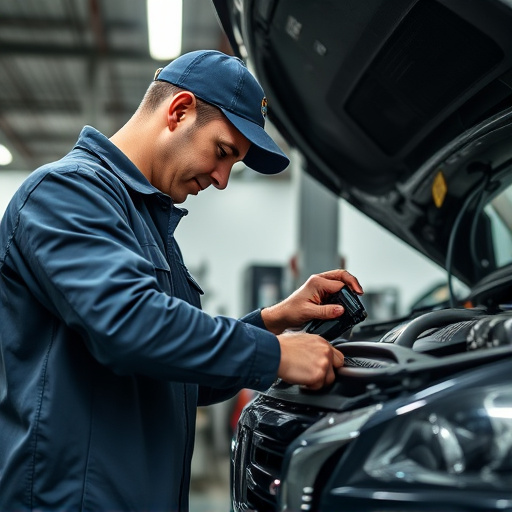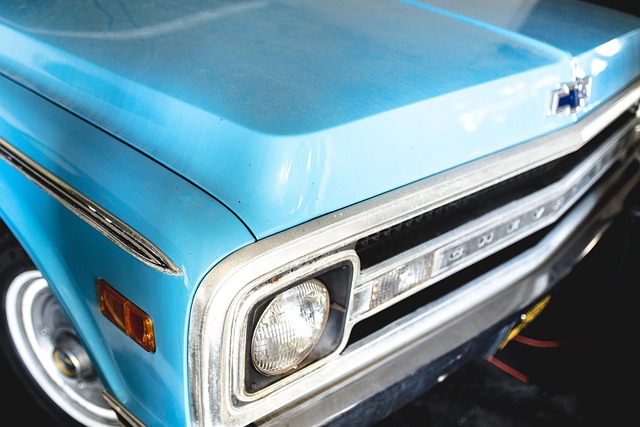Auto accident repair shops are adopting eco-friendly practices by using recycled materials and implementing lean manufacturing to reduce waste, aligning with consumer demand for sustainability. They're also transitioning to green energy sources like solar and wind power to lower costs and appeal to environmentally conscious customers, contributing to the circular economy.
In the realm of auto accident repair, environmental stewardship is no longer an afterthought but a core practice. This evolving industry embraces sustainable materials, efficient waste management, and green energy sources to minimize its ecological footprint. From selecting eco-friendly components to adopting renewable power options, repair shops are pioneering environmentally conscious approaches that not only benefit the planet but also drive innovation within the sector. Discover how these practices transform auto accident repair into a more responsible and resilient process.
- Sustainable Materials: Choosing Eco-Friendly Options for Repair
- Efficient Waste Management: Minimizing Scrap and Reducing Impact
- Green Energy Sources: Powering Repair Shops with Renewable Options
Sustainable Materials: Choosing Eco-Friendly Options for Repair
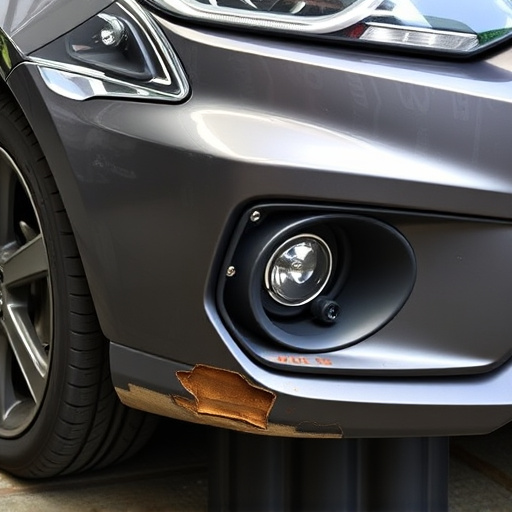
In the realm of auto accident repair, sustainable practices are gaining traction as environmentally conscious car body shops strive to minimize their ecological footprint. One significant aspect is the selection of eco-friendly materials for repairs. This shift towards sustainability involves choosing materials that not only reduce environmental impact but also ensure the safety and quality of vehicle restoration. For instance, opting for recycled metal in scratch repair or car dent removal processes can significantly lower carbon emissions compared to traditional methods.
Additionally, leveraging advanced technologies allows these shops to offer innovative solutions like composite materials for certain repairs, further enhancing efficiency and reducing waste. As the industry continues to evolve, adopting green practices not only benefits the environment but also appeals to consumers who increasingly prioritize eco-conscious choices when selecting car body shops for their repair needs.
Efficient Waste Management: Minimizing Scrap and Reducing Impact
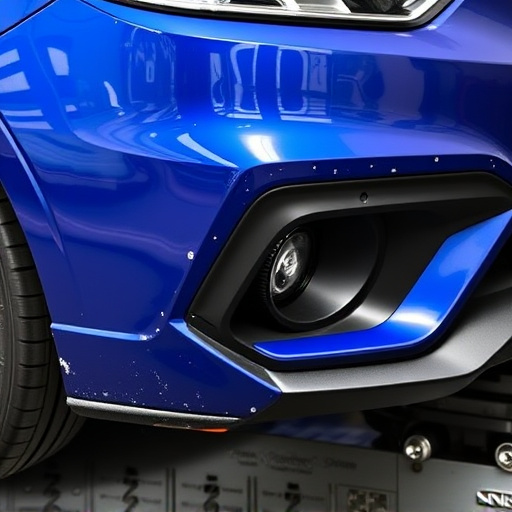
Efficient waste management is a key environmental practice adopted by many auto accident repair shops to minimize their ecological footprint. By implementing strategic measures, these facilities significantly reduce scrap generation and the associated environmental impact. One effective method is the adoption of lean manufacturing principles, focusing on maximizing resource utilization while minimizing waste. For instance, in a collision repair center like Mercedes-Benz repair shops, technicians can meticulously plan and execute repairs to minimize material cuts and scraps, ensuring that every part of the vehicle or replacement parts are utilized optimally.
Moreover, proper segregation and recycling programs play a vital role in efficient waste management. Auto accident repair shops can categorize scrap materials, including metal, plastics, glass, and even electronic components, for recycling. This process not only reduces landfill waste but also recovers valuable resources that can be reused in various industries, contributing to the circular economy. Efficient waste management not only benefits the environment but also aligns with the growing demand for sustainable practices in the automotive sector, making these eco-conscious approaches increasingly prevalent in vehicle restoration and collision repair centers.
Green Energy Sources: Powering Repair Shops with Renewable Options
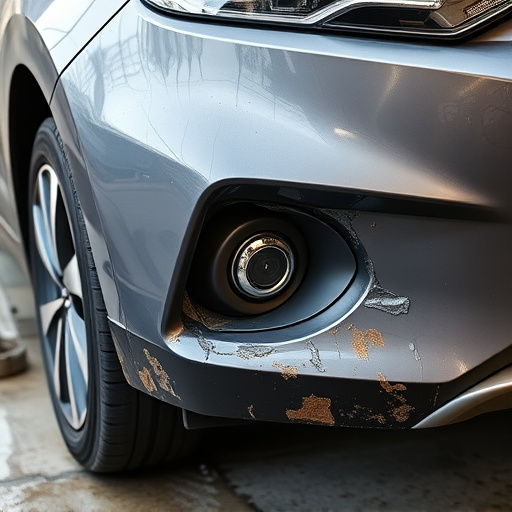
Auto accident repair shops are increasingly adopting green energy sources to power their operations, embracing renewable options that were once uncommon in the industry. This shift is driven by a desire to reduce their environmental impact and contribute to a more sustainable future. Solar panels and wind turbines are becoming popular choices for automotive body shops, providing clean and affordable energy alternatives. These clean energy sources not only help lower operating costs but also appeal to eco-conscious customers who prefer environmentally friendly services, especially after incidents like car scratch repair or dent removal.
By utilizing renewable energy, these repair shops can reduce their carbon footprint and contribute to the broader goal of mitigating climate change. This trend is part of a larger movement in the auto industry towards sustainability, where even dent removal and automotive body shop services are evolving to meet modern environmental standards.
Auto accident repair shops can significantly reduce their environmental impact by adopting sustainable practices. By choosing eco-friendly materials, implementing efficient waste management strategies, and transitioning to green energy sources, these businesses can contribute to a greener future while also enhancing their reputation in the industry. Integrating these environmental practices not only benefits the planet but also ensures a more responsible and resilient approach to auto accident repair.


